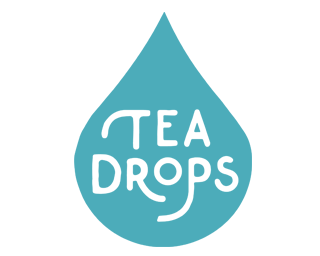Track & Reduce Your Calories
June 10, 2019
Decreasing your calorie intake may be the most important factor when it comes to weight loss. Remember, losing weight is the simple process of calorie expenditure greater than calories in. If you aren’t eating fewer calories than you expend, then you will not lose fat.
An average woman needs to eat about 2000 calories per day to maintain, and 1500 calories to lose one pound of weight per week. An average man needs 2500 calories to maintain, and 2000 to lose one pound of weight per week. However, this depends on numerous factors. These include age, height, current weight, activity levels, metabolic health, hormone levels, and several more. Any important factor I would like to focus on is muscle mass. Lean muscle mass is closely related to your basal metabolic rate (BMR), or the amount of calories burned to sustain essential functioning without adding in physical activity and the energy needed to burn food. BMR is around 1400 for women and 1800 for men. A higher BMR is often correlated to more lean muscle mass.
Overweight or obese individuals will have a higher BMR and muscle mass, but the extra muscle is needed to carry their frame daily. Therefore, reducing their calories will be crucial to a healthier, more fit life.
Here are a few simple tips to reduce calorie intake:
• Count calories: Weigh and log the foods you eat. Use a calorie counting tool to keep track of the number of calories and nutrients you are taking in. (MyFitnessPal, LoseIt, FatSecret, Cron-O-Meter, Spark People)
• Eat only at meals and planned snacks: Reduce all unapproved, unhealthy snacks that are mostly processed carbs and extra fat. Also, try not to eat anything after dinner.
• Cut your condiments: Eliminate calorie-dense condiments and sauces.
• Fill up on vegetables: Fill your plate with vegetables and limit starchy carbs and added fats for the week. You cannot get in too many veggies. Cut up a bunch of raw vgetables on the weekend (carrots, cucumbers, celery, bell pepper, asparagus, cauliflower etc) Make 2 cup containers and prepare for a snack during the week. These are free calories! You can as much as you want and should be added to the menu plan.
• Choose lean proteins: Choose lower-fat proteins, such as chicken and fish. They fill you up for a longer amount of time.
• Don’t drink your calories: Instead, opt for water, zero-calorie drinks, tea or coffee. Protein shakes are fine if you count them as a meal. Liquid sugar is a straight shot to extra fat deposits.





